E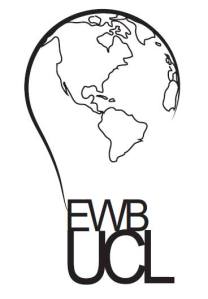 ngineers Without Borders UCL (EWB-UCL) is the university chapter of EWB UK- an organisation which aims to promote human development through the use of engineering and appropriate technology. The UCL branch was formed in the 2010-11 academic year, and has since grown continuously in terms of both members and projects. In addition to hosting international development events the society now has a portfolio of member-led projects, through which teams of students work collaboratively with NGO partners and a London-based professional network of engineers to facilitate change in the developing world.
ngineers Without Borders UCL (EWB-UCL) is the university chapter of EWB UK- an organisation which aims to promote human development through the use of engineering and appropriate technology. The UCL branch was formed in the 2010-11 academic year, and has since grown continuously in terms of both members and projects. In addition to hosting international development events the society now has a portfolio of member-led projects, through which teams of students work collaboratively with NGO partners and a London-based professional network of engineers to facilitate change in the developing world.
As a society we believe that by following the principles of EWB, students at UCL – both in engineering and otherwise – can not only further their own understanding of international development to the benefit of their own careers, but also make a real difference to communities in the developing world. To do so, we have been developing and implementing co-design methodologies in our projects with the intention of promoting local capacity for change, and developing in a sustainable and responsible manner.
In 2013-14, the society had 150 members, 23 of whom were involved with five international projects in Brazil, Ethiopia, Kenya and Mexico.
In Brazil, an EWB-UCL team has been working alongside local NGO Veracidade for two years to develop a prototype aquaponics system which recycles nutrients and water to produce both fish and crops for local communities in a sustainable manner. Over the coming years, the team will continue to monitor the success of the prototype, and assist Veracidade with the scaling up of the technology to further communities in Brazil.
The project team in Ethiopia was formed in 2013-14 and has been working with the Ethiopian Centre for Disability and Development (ECDD) to improve water and sanitation at a school for the blind. The team will be continuing this work over the coming academic year with members of the professional network at Mott MacDonald with the aim of presenting designs for a new toilet block at the school to the Regional Education Bureau. As of the 2013-14, the society has had two teams working with communities to facilitate improvement to water and sanitation in Kenya. Our partnerships with Muungano Support Trust and Water and Sanitation for the Urban Poor focus mostly on re-developing slums and informal settlements through the provision of sanitation facilities, along with promoting various sanitation solutions to the communities with limited or no access to these basic services.
In Mexico, a team has been working with local NGO IRRI-Mexico to engage communities in the operation and maintenance of several rainwater harvesting systems. In 2014-15 a team will continue to maintain these systems as well as assessing the potential for their expansion into further communities in the region.
In addition to the continuation of these projects the society is currently engaging with NGOs and industry partners with the view to establishing further collaborative work with communities in the Philippines, Mozambique, India, and Peru. In our constant striving for improvement the society seeks to increasingly draw upon the extensive professional network in order to produce work of a quality which meets the standards of the industry. Importantly, we are also seeking to diversify membership beyond the engineering programmes – with these inter-disciplinary teams comes new perspectives which can not only benefit the student members, but also produce a better development process for communities. As a university society, forming a stronger connection with our alumni would be an extremely valuable resource for a number of reasons. This could provide us with the opportunity to update former members and otherwise on the progress of our society, and the exciting projects we are undertaking. We are also always seeking a greater knowledge base from which to draw and improve the work that we do – we feel that our alumni could be a valuable resource in this sense. Finally, as a charity any fundraising ideas or resources which could be offered by our alumni would be hugely beneficial to the society, and therefore this connection could be crucial in the continuation of expansion of our work in the developing world.
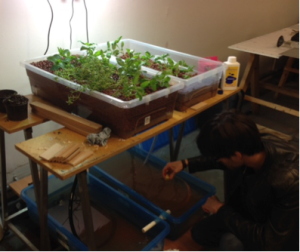
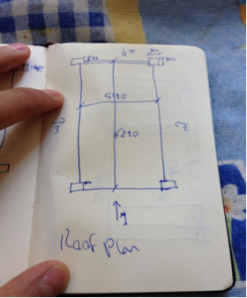
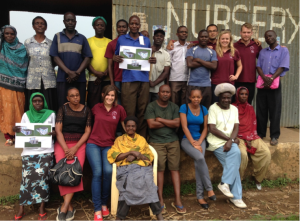
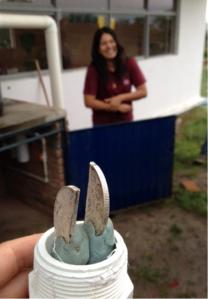
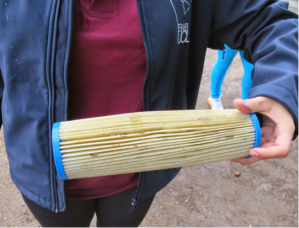
Leave a comment